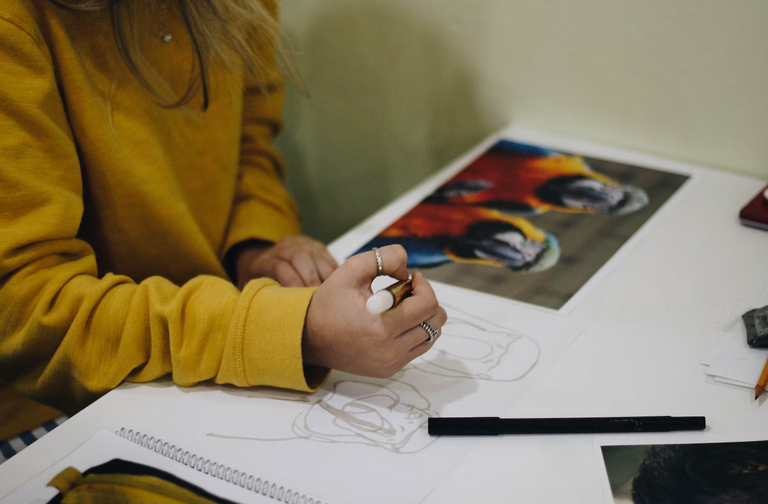
Art and music have long been recognized as powerful forms of self-expression and creativity. Scientists and professionals at this center of Rehab In Durban believe that beyond their aesthetic value, they also hold the potential to heal and transform individuals on a profound level.
In recent years, art therapy and music therapy have gained recognition for their ability to support recovery in various contexts – from mental health challenges to addiction treatment. Whether you’re struggling with emotional pain or looking for ways to enhance your overall well-being, these therapeutic approaches can offer a unique pathway toward healing.
Emotional Expression

Emotional expression lies at the heart of art and music therapy. When words fail to capture the depth of our emotions, engaging in creative activities provides a safe and non-verbal outlet for self-expression. Through painting, drawing, sculpting, or playing an instrument, people can tap into their innermost thoughts and feelings that may have been suppressed or difficult to articulate. Engaging in art and music therapy cultivates self-awareness by inviting individuals to reflect upon their emotional landscapes. It encourages them to confront difficult feelings head-on instead of avoiding or suppressing them. By acknowledging these emotions through creative expression, individuals gain insights into themselves and are better equipped to navigate their healing journey.
Stress Reduction
Life can be truly overwhelming at times, leaving us feeling anxious and stressed. However, art and music therapy offers a unique avenue for stress reduction. Engaging in creative outlets allows individuals to express their emotions freely and release pent-up tension. When we immerse ourselves in the process of creating art or listening to music, our minds are diverted from the stressors of daily life. This diversion provides an escape, allowing us to focus on something positive and enjoyable. Moreover, engaging in artistic activities triggers the release of endorphins – our body’s natural feel-good chemicals. These endorphins help reduce anxiety levels and promote relaxation.
Improved Cognitive Function

Art and music therapy have been found to have a positive impact on cognitive function. Engaging in creative activities can help stimulate and strengthen various cognitive processes, such as memory, attention, problem-solving skills, and language abilities. When individuals participate in art or music therapy, they are required to use their mental faculties to create something meaningful. This process activates different parts of the brain responsible for cognition. For example, painting or drawing requires visual perception and spatial reasoning skills. Moreover, engaging in artistic expression also boosts overall mental well-being while enhancing cognitive abilities. The act of creating art or playing an instrument provides a sense of accomplishment, which leads to increased self-esteem and confidence levels.
Building Self-Esteem and Accomplishment
Art and music therapy can also play a significant role in building self-esteem and fostering feelings of accomplishment. When individuals engage in creative activities, they have the opportunity to express themselves authentically and see their ideas come to life. This process can be incredibly empowering.
Creating art or composing music allows individuals to tap into their unique perspectives, talents, and abilities. It provides them with a sense of ownership over their creations, boosting their self-confidence as they witness the tangible outcomes of their efforts. Moreover, art and music therapy often involve setting goals and working towards achieving them.
